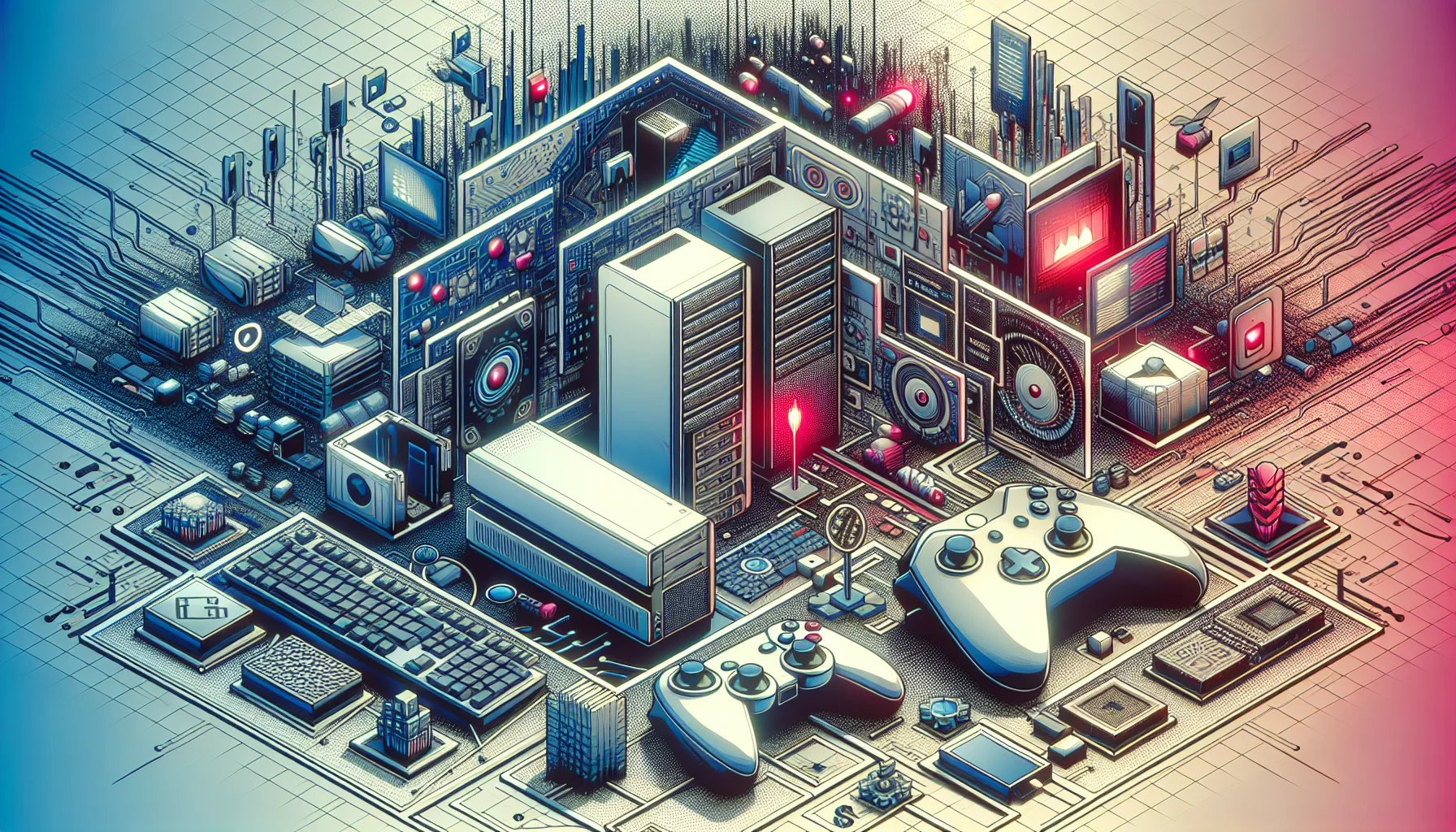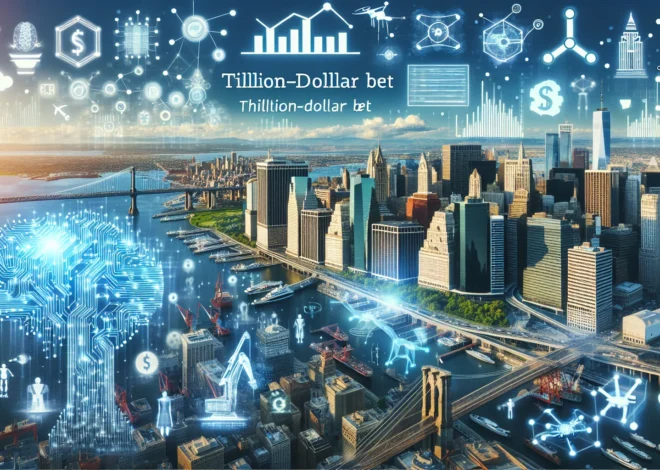
EA’s $55 Billion ‘Sale’: The Hoax That Revealed the True Future of Tech
The $55 Billion Deal That Shook the Tech World… For a Minute
Did you see it? The headline that sent shockwaves through the gaming and tech communities: “Gaming giant Electronic Arts bought in unprecedented $55bn deal.” For a moment, the world stopped. Speculation ran rampant. Who was the buyer? A tech titan like Apple or Amazon? A private equity behemoth? What would this mean for legendary franchises like EA FC, The Sims, and Mass Effect?
It was the kind of earth-shattering news that reshapes an entire industry. And then, just as quickly as it appeared, the truth came out. If you clicked the BBC link, you weren’t greeted with a detailed analysis of the acquisition. Instead, you found a simple, elegant message: the article was an April Fools’ Day hoax.
Phew. But before we all dismiss this as a clever prank and move on, let’s pause. Because this hoax, intentionally or not, serves as a fascinating thought experiment. The fact that a $55 billion price tag for EA was even remotely believable tells us something profound about the modern tech landscape. Let’s peel back the layers of this fictional deal and explore what it reveals about the real-world intersection of gaming, artificial intelligence, and the future of software.
Deconstructing the Mythical Price Tag: Why $55 Billion Isn’t Crazy
First, let’s address the elephant in the room. A $55 billion valuation is astronomical. But is it absurd? Not really. When a company acquires another in today’s market, they aren’t just buying products; they’re buying data, ecosystems, and future potential. A hypothetical buyer of EA wouldn’t just be getting the code for the next Mass Effect. They’d be acquiring:
- A Treasure Trove of Intellectual Property (IP): Decades of beloved franchises with deeply engaged fan bases. This is the obvious part.
- A Massive, Engaged User Base: Hundreds of millions of active players. This is where it gets interesting. Every single action a player takes in a game—every goal scored in EA FC, every house built in The Sims—is a data point.
- A Sophisticated Technology Stack: Proprietary game engines like Frostbite, a global server infrastructure, and established digital storefronts.
This is where the keywords that define modern tech come into play. That player data is the fuel for sophisticated machine learning models. An acquirer could leverage this data to create hyper-personalized gaming experiences, predict player churn, and optimize in-game economies with terrifying precision. The value isn’t just in selling games; it’s in understanding and predicting human behavior on a massive scale. This is the new gold rush, and gaming companies are sitting on some of the richest mines.
Under the Hood: The Tech an Acquirer Would Actually Inherit
Let’s imagine this deal was real. The due diligence process would be less about playing games and more about dissecting a complex, global technology operation. The real assets are buried in the code and the infrastructure.
The Power of Proprietary Software and SaaS
At the heart of EA is its software. Game engines like Frostbite are incredibly complex platforms that have taken decades of programming and billions of dollars to develop. This represents a massive barrier to entry for any would-be competitor. Furthermore, EA has masterfully shifted its business model toward SaaS (Software as a Service) with offerings like EA Play. This subscription service provides recurring, predictable revenue—music to the ears of any investor or acquirer. It transforms the business from one of hit-driven product sales to a stable, platform-based service.
Cloud and Automation: The Unseen Engine
Modern gaming on the scale of


